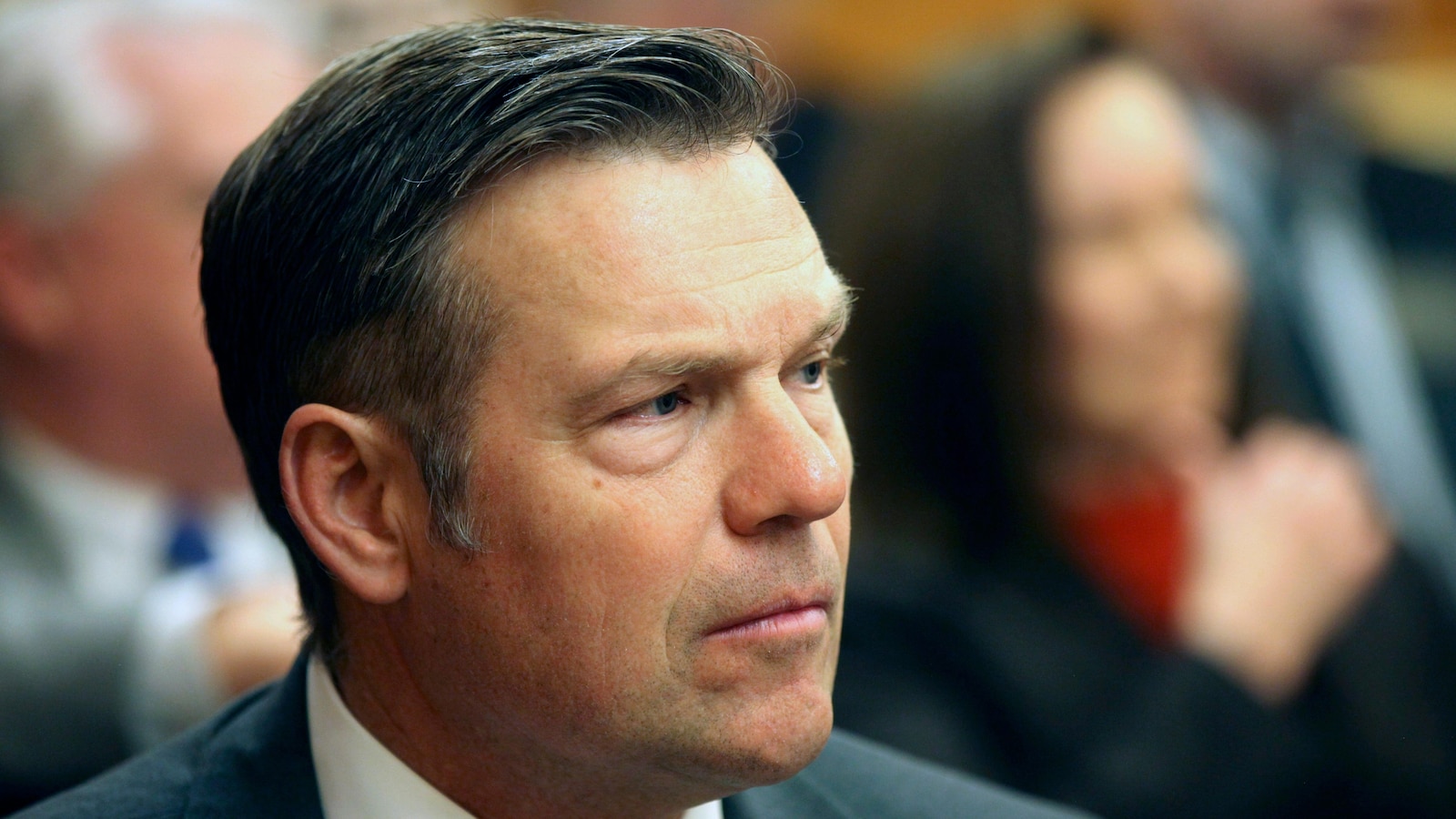In a recent controversial move, the Kansas Attorney General has mandated that schools in the state disclose transgender students’ information to their parents. This decision has sparked a heated debate, with proponents arguing for the protection of parental rights and opponents expressing concerns about the privacy and safety of transgender students. Understanding the implications of this requirement is crucial to comprehending the broader issues surrounding transgender rights and education.
The directive issued by the Kansas Attorney General’s office requires schools to inform parents if their child identifies as transgender. This includes sharing information about a student’s preferred name, pronouns, and restroom usage. The rationale behind this decision is rooted in the belief that parents have the right to be informed about their child’s well-being and education, including any significant changes or challenges they may be facing.
Proponents of this requirement argue that it upholds parental rights and fosters open communication between schools and families. They assert that parents should be involved in decisions regarding their child’s education, especially when it comes to sensitive matters such as gender identity. Supporters also contend that disclosing this information can help parents provide the necessary support and understanding for their transgender children, potentially leading to improved mental health outcomes.
However, opponents of the directive raise valid concerns about the privacy and safety of transgender students. They argue that forcing schools to disclose this information without the explicit consent of the student violates their right to privacy. Transgender students may not be ready or willing to disclose their gender identity to their parents due to fear of rejection or discrimination. Requiring schools to disclose this information could potentially expose these students to harm or jeopardize their mental well-being.
Another concern is that this requirement may discourage transgender students from seeking support from school staff or accessing resources available to them. If they fear that their personal information will be shared without their consent, they may be less likely to seek help when facing challenges related to their gender identity. This could have detrimental effects on their academic performance and overall well-being.
It is important to note that this directive contradicts the guidelines issued by various educational organizations, such as the National Education Association and the American School Counselor Association. These organizations advocate for respecting the privacy and confidentiality of transgender students, emphasizing the importance of creating a safe and inclusive environment for all students.
The debate surrounding the disclosure of transgender students’ information to parents highlights the broader issue of transgender rights and inclusivity in education. It raises questions about how schools can balance parental rights with the need to protect the privacy and safety of transgender students. Finding a middle ground that respects both perspectives is crucial to ensuring that all students feel supported and included in their educational environment.
Moving forward, it is essential for policymakers, educators, and parents to engage in constructive dialogue to address these complex issues. This includes considering alternative approaches that prioritize the well-being and rights of transgender students while also involving parents in their child’s education. By fostering understanding and empathy, we can work towards creating an educational system that respects the rights and identities of all students, regardless of their gender identity.



